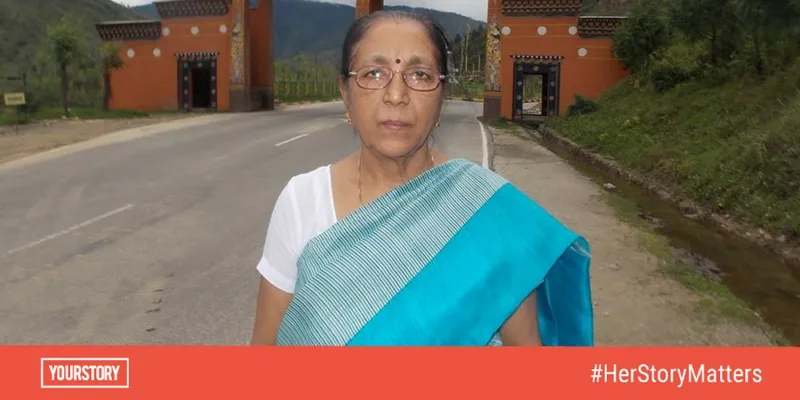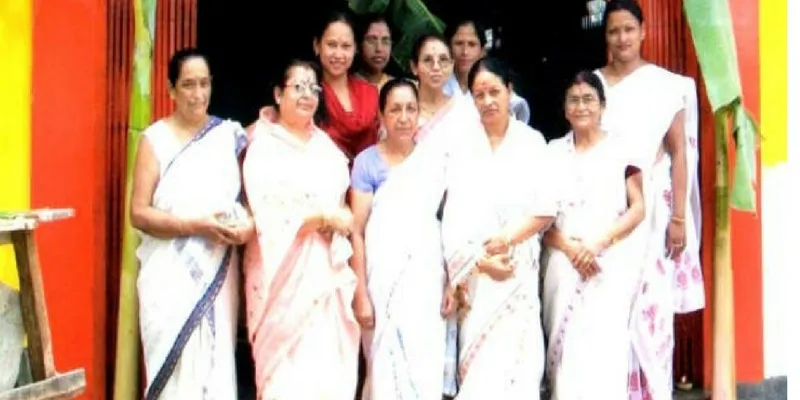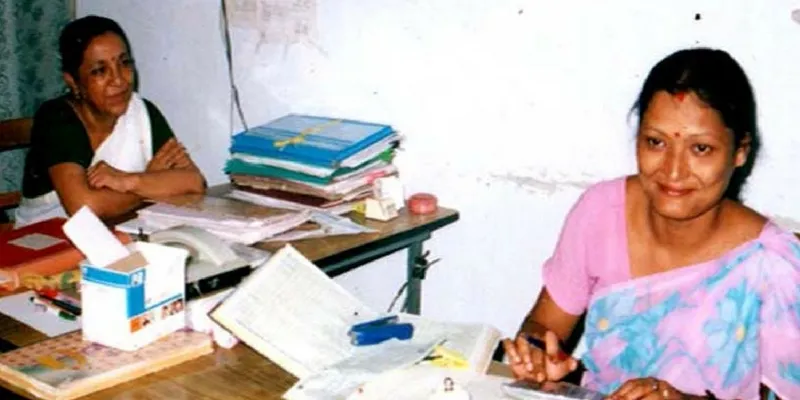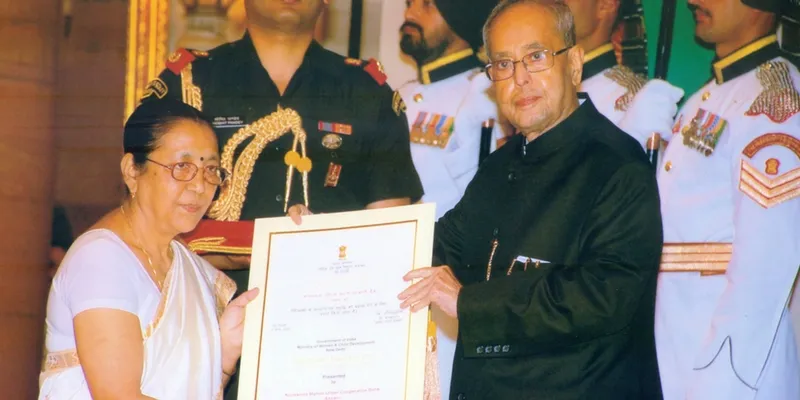Meet Lakhimi Baruah, who is empowering women in Assam through her all-women bank
Lakhimi Baruah started the Konoklota Mahila Urban Cooperative Bank in 1998 in Jorhat, Assam, to make women from underprivileged backgrounds financially independent and secure.

Almost seven years ago, Babila Bora, a 55-year-old woman, lost her husband. She was left with three daughters to look after, no money, and no source of income. It was during that time that a neighbour told her about Konoklota Mahila Urban Cooperative Bank. The very next day, Babila went to Jorhat, to the bank’s head office, and met Lakhimi Baruah. Babila explained her situation to Lakhimi and requested a loan to tide over the situation. Without too much paperwork and formalities – a necessity in commercial banks - her application was approved and her loan of Rs 25,000 was disbursed. Babila used the money to start a small grocery shop and helped her daughters complete their education.
Babila and many other women like her have been helped out of the dire straits they were in by Konoklota Mahila Urban Cooperative Bank (KMUCB). The bank was started in 1998 in Jorhat, Assam, by Lakhimi Baruah with only one vision: to make women from underprivileged backgrounds financially independent. KMUCB was the first all-women bank in Assam.
Lakhimi, the Managing Director and the Founder of KMUCB, says,
“Many women in rural parts of Assam are economically not self-reliant yet. Even if they have money, they still lag in proper utilisation of that money. One of the prime reasons is lack of saving opportunities in rural areas. Even if there are saving mechanisms, many rural womenfolk are not aware of them. Financial institutions do not reach out to them. Lack of education might have contributed to the lack of awareness of the importance of saving their hard-earned money.”
With all these thoughts in her mind, Lakhimi thought of an all-women bank to address their problems.
How did it all start?
Lakhimi was born in the small village of Jorhat, Assam. She had to drop out from college in 1969 due to financial constraints in her family. She got married in 1973 and went on to complete her graduation in 1980 after she started working in a bank.
“It was during my work at the bank that I realised how deprived and illiterate women cannot reap the benefits of banking services,” she says.
In 1983, Lakhimi started a Mahila Samiti in Dakshin Sarbaibandha area of Jorhat district. She worked closely with economically backward women. “Even though the women were generating income, they did not have any saving habits mostly because they were illiterate and did not want the hassle s of paperwork,” she says.
“On the other hand, most of these women were still taking loans from the moneylender at a huge interest,” Lakhimi recalls.
After working for more than a decade in the region, Lakhimi realised that to bring a change, she had to start a bank. In 1998, Lakhimi opened KMUCB, a bank for women and run by women. Two years later, the bank received its licence from the Reserve Bank of India.

Started with an initial seed capital of Rs 8 lakh, KMUCB currently has more than 34,000 accounts with a working capital of over R 13 crore. Almost three-fourths of its customers are illiterate and belong to SC, ST, and OBC classes.
All those who need help
With over 250 customers a day, KMUCB offers all the schemes available in government banks. It has eliminated the moneylender and also provides soft loans to women. It offers recurring deposit facility for small amounts, starting at Rs 20, as most women who bank with them are daily wage labourers and tend to deposit small amounts every day. The recovery rate of the bank stands at 93 percent.

Lakhimi says the bank is open to all those women who need help. “The bank aims to mobilise unorganised resources and increase per capita income of the weaker section of the society,” she says.
“When an illiterate woman comes to our bank, we fill her form and do all the formalities. At times, women come to the bank secretly; they want to save their hard-earned money so that it isn’t misused by their husband. They soon become regular visitors to the bank,” Lakshmi says.
The bank is also working to organise self-help groups rather than focusing on profits. “Around 300 self-help groups have benefited from various credit schemes of the bank. The bank now has four branches in three districts,” Lakhimi says.
In March 2016, Konoklota Mahila Urban Cooperative Bank became one the seven institutes to receive the Nari Shakti Award from former President Pranab Mukherjee for its “exceptional contribution to the empowerment of women”.

In the future, Lakhimi says she wants to open more branches of the bank to reach out to a larger number of women.
“Today, women have moved from being housewives to educated employees or entrepreneurs. That’s why a women’s bank plays an important role to uplift women,” Lakhimi ends.







